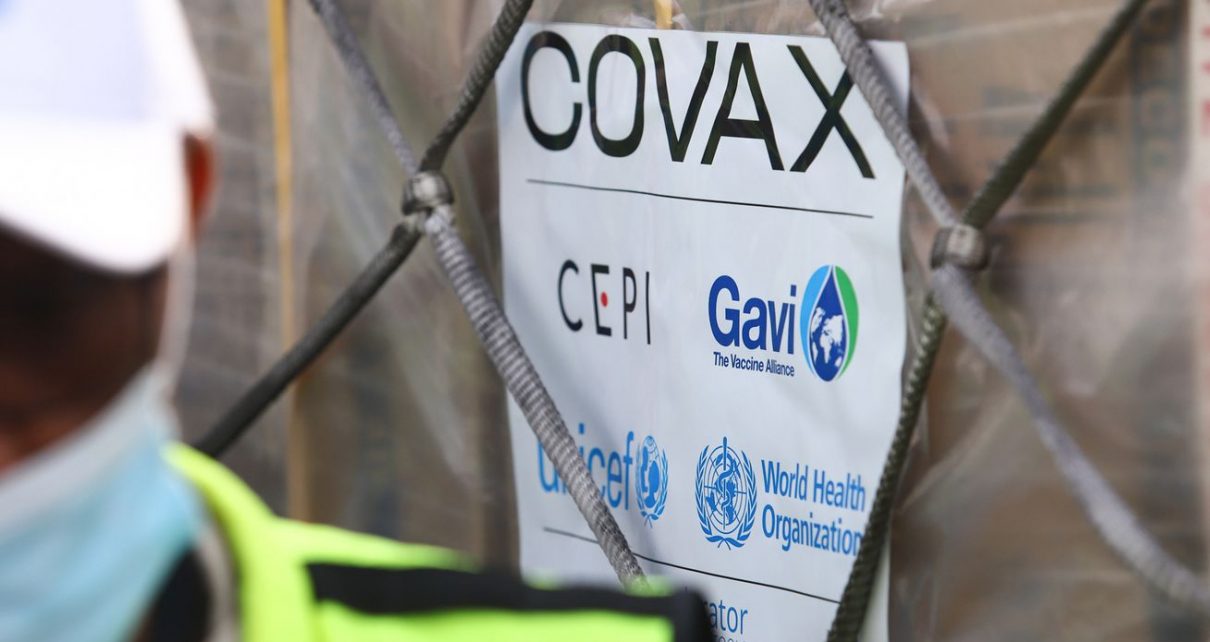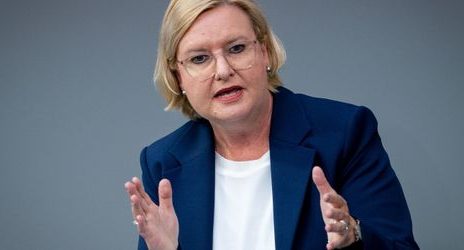
It’s the start of a long campaign to immunize billions of people.
Ghana just received its first Covid-19 vaccine doses from Covax, the global initiative created to help ensure all countries have vaccine access.
A total of 600,000 doses of the Oxford-AstraZeneca vaccine arrived in Ghana’s capital Accra on Wednesday. It is the official start of a long worldwide immunization campaign.
Ghana is the first country to get these vaccines. It will begin its rollout next week, starting with frontline health care workers, elderly people, and people with underlying conditions. The 600,000 doses, however, will cover just a fraction of Ghana’s approximately 30 million people.
The Accra batch is the first shipped & delivered in Africa by the COVAX Facility as part of an unprecedented effort to deliver at least 2 billion doses of #COVID19 vaccines by the end of 2021 – what will be the largest vaccine procurement & supply operation in history. pic.twitter.com/psIFnKYlPc
— World Health Organization (WHO) (@WHO) February 24, 2021
The Ivory Coast will be next up to receive vaccine doses from Covax. But immunization campaigns in Africa are just beginning, after millions and millions of shots have been administered in wealthier countries.
Covax, which is led by the World Health Organization, GAVI, the Vaccine Alliance, and the Coalition for Epidemic Preparedness Innovations, was designed to guarantee equitable vaccine access to every country, regardless of wealth. Right now, the initiative aims to deliver 2 billion vaccine doses by the end of 2021, the bulk of which will now go to 92 of the world’s poorest countries.
But the initiative has been slow to roll out, especially as it fights against wealthier countries for vaccine doses.
Tedros Adhanom Ghebreyesus, the World Health Organization director-general, said this week that more than 210 million vaccine doses have been dispersed in just two countries, whereas over 200 countries haven’t begun giving their first doses.
Rich countries — with more than 14 percent of the world’s population — have bought up more than 53 percent of the vaccines most likely to be successful through pre-purchase agreements. Right now, demand for the vaccines exceeds the supply, so even these wealthier countries can’t get shots into arms fast enough. But they’ll likely be able to do so in a matter of months — by summer, in the US, for example — compared to some of the world’s poorest countries, where it could take years.
Many countries in Africa did not experience the dramatic spikes in Covid-19 seen in other parts of the world. But a year into the pandemic, some of the continent’s 54 countries are facing a surge in cases, fueled by new variants, including one discovered in South Africa. This week, the entire continent of Africa reached 100,000 known Covid-19 deaths.
Despite that, just a handful of African countries have even started vaccinations. According to the African Union, it will take 1.5 billion vaccine doses total to inoculate 60 percent of the continent’s more than 1 billion population. Though the African Union and countries are trying to work out deals — including with Russia and China — many countries will need assistance from Covax.
The United States recently committed a big $4 billion boost to Covax to help fund and deliver vaccines. But if rich countries continue to hoard vaccine supplies, the pace of vaccination in the world’s less well-off countries will still be sluggish.
Beyond funding, global vaccination efforts just need more vaccine supplies, along with efforts to boost manufacturing and production capacity in lower-income countries and to push pharmaceutical companies to potentially waive intellectual property rights to better share knowledge and technology.
Getting the entire world vaccinated is going to take a massive effort. It’s not just a moral imperative to guarantee that all the world’s population has access to protective vaccines; it’s a public health necessity. The coronavirus spreading in one corner of the world will continue to be a threat to everyone else, especially as new variants emerge.





